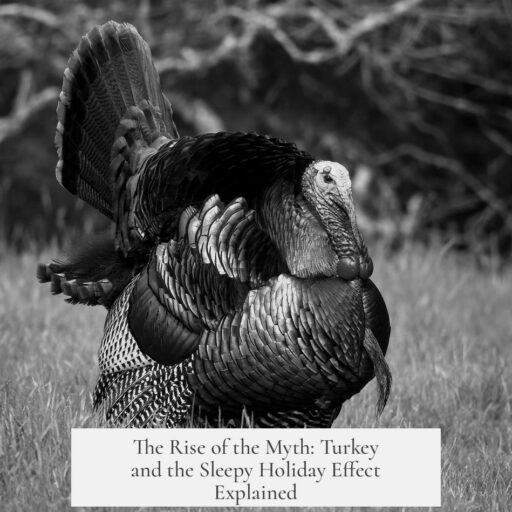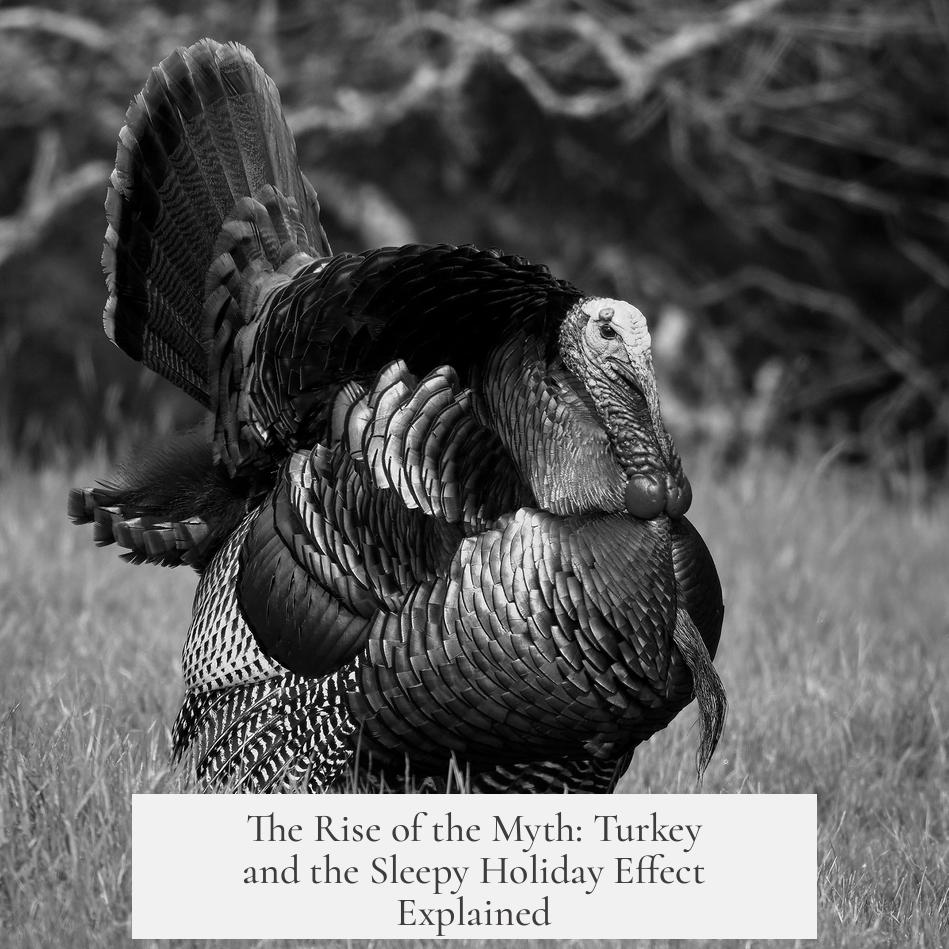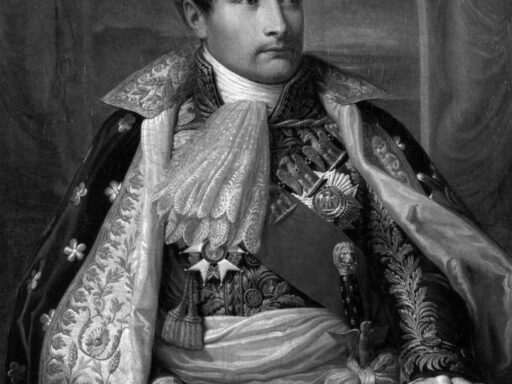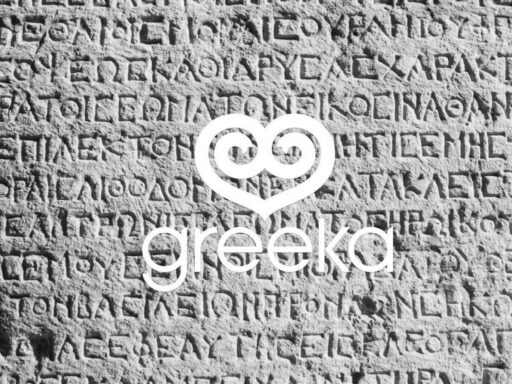The myth that eating turkey makes people especially sleepy became widespread due to a mix of scientific errors, misunderstandings about tryptophan, and exaggerated media reports that linked turkey to sleepiness. Despite turkey containing tryptophan, this amino acid is found in all protein sources in similar amounts, and turkey is not unique in this regard. The myth largely grew from early flawed research and popular culture amplification rather than evidence-based science.
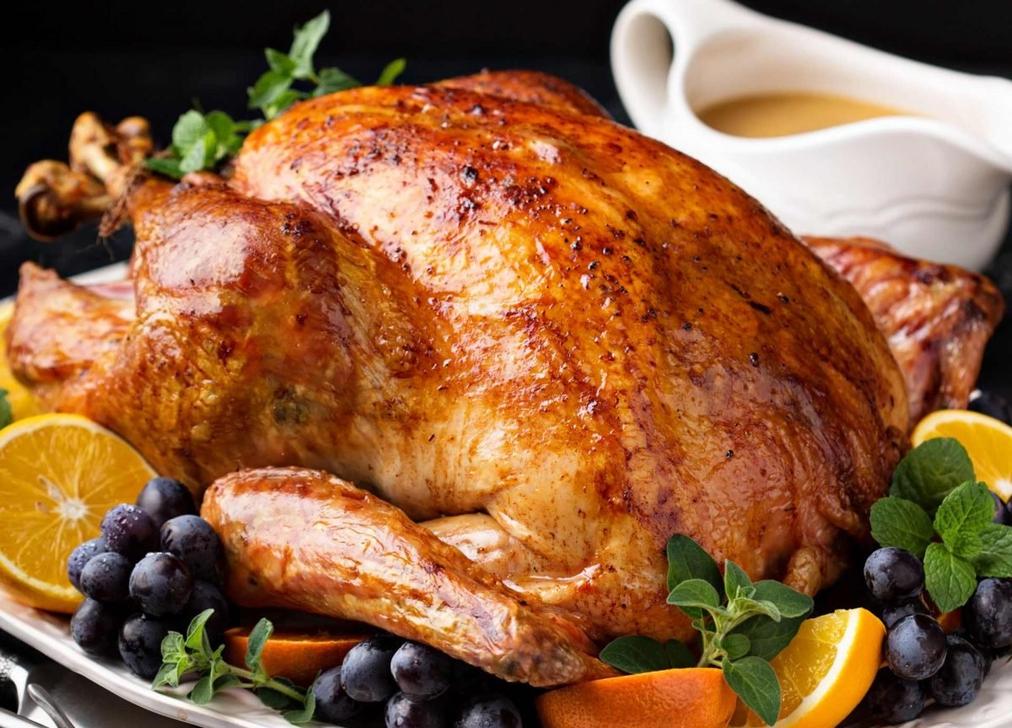
The origin of the myth traces back to misunderstandings about tryptophan (Trp), an amino acid present in roughly 1-1.5% of all protein sources, including turkey. Turkey meat is not richer in tryptophan than chicken or beef. Early research mistakenly reported that turkey had low tryptophan content, due to defective testing methods in 1967. This error was later acknowledged but poorly publicized, allowing confusion to linger.
During the late 1960s and early 1970s, scientific studies began to reveal that purified L-tryptophan supplements could promote sleep by influencing serotonin production in the brain. However, these studies used isolated supplements, not foods like turkey. The media and some psychologists extended these findings incorrectly, suggesting tryptophan in foods such as milk and turkey might have similar sedative effects. Milk does contain tryptophan, but in small amounts unlikely to have a strong impact on sleep when consumed normally.
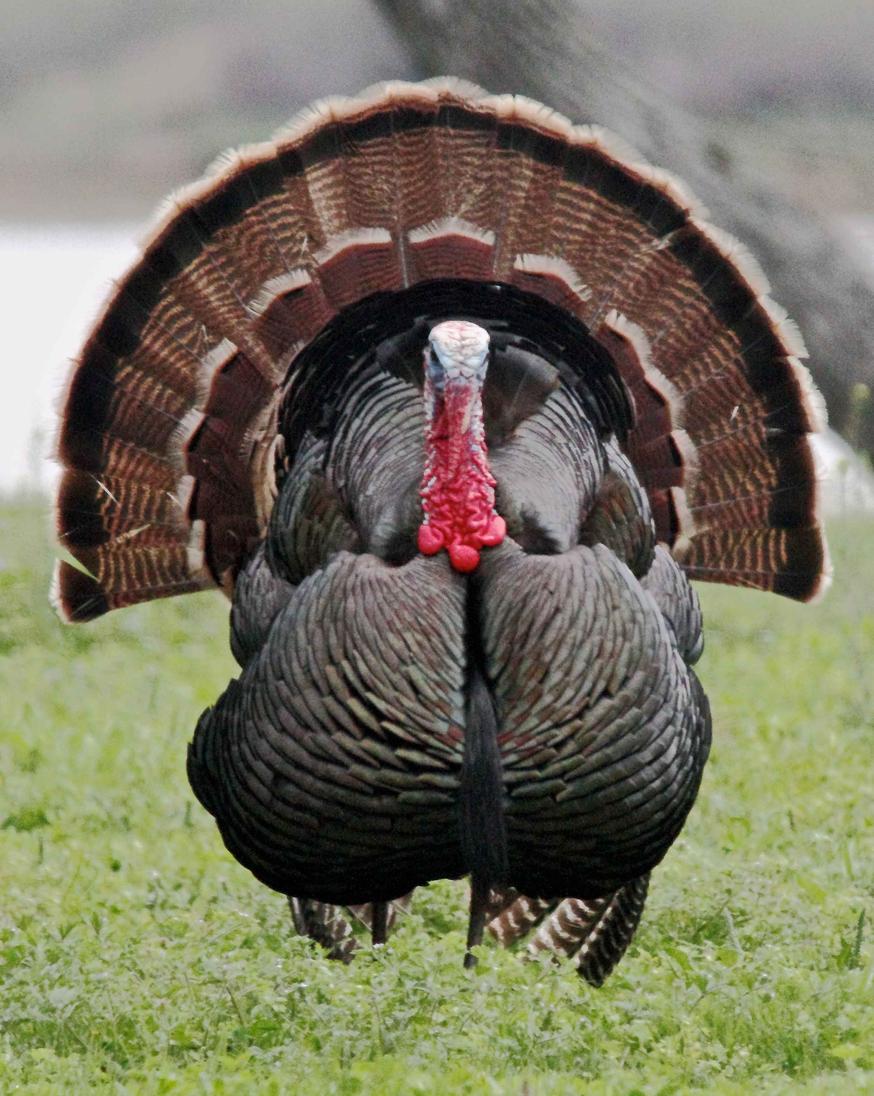
- 1969: Psychologists linked tryptophan in milk to mild sedation in popular literature.
- Early 1970s: Media reports ambiguously connected tryptophan to both milk and turkey.
- 1974: A comic strip mentioned tryptophan in turkey and milk, increasing public exposure to the idea.
This growing confusion was compounded by newspaper articles in the mid-1970s that described turkey as a natural sleeping pill rich in tryptophan, despite experts acknowledging turkey is not particularly rich in this amino acid. The myth was further cemented when Samuel Dunkell, a health writer, claimed turkey is the best source of L-tryptophan and suggested this explains post-Thanksgiving drowsiness. This claim lacked scientific support but was widely repeated in newspapers and popular books from 1977 onward.
| Year | Event | Impact |
|---|---|---|
| 1967 | Erroneous medical paper claimed low tryptophan in turkey | Initial false data creating confusion |
| Late 1960s-70s | Scientific studies on L-tryptophan supplements and sleep | Shifted focus onto tryptophan and sleep regulation |
| Early 1970s | Psychologists and media linked tryptophan in milk and turkey to sleep | Popularized idea via books and interviews |
| 1977 | Samuel Dunkell’s claim ties turkey to sleepiness | Repeated widely, solidifying the myth |
| 1990s | Seinfeld episode popularizes myth | Embedded in mainstream culture |
The myth endured because it was simple, culturally resonant, and tied to the American Thanksgiving tradition, where turkey is central. A popular TV show like Seinfeld further spread the story, seen by over 30 million viewers, reinforcing it as a conversational point every holiday season. The entertainment value and familiarity of turkey combined well with the appealing idea of a natural sleep aid, even if the scientific basis was lacking.
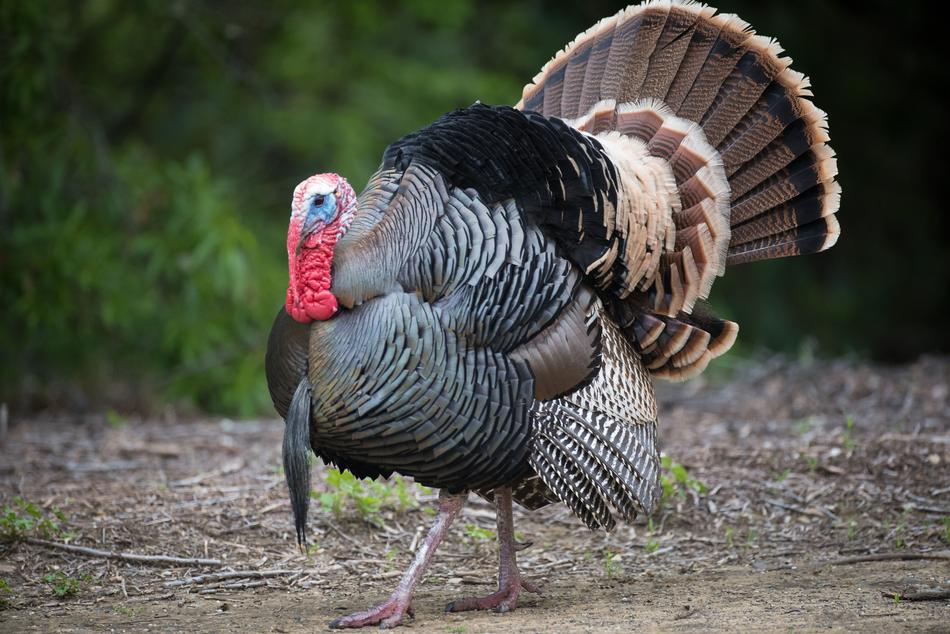
Summarizing key factors behind the myth’s spread:
- Early flawed scientific measurements misrepresented turkey’s tryptophan content.
- Misinterpretation of supplement-based sleep studies applied to food sources.
- Psychological books and interviews overstated tryptophan’s sedative effects in common foods.
- Media reports linked turkey to tryptophan and sleep, often without nuance.
- Samuel Dunkell’s influential but unfounded claim popularized the turkey-sleep link.
- Cultural reinforcement through mass media and TV shows cemented the myth.
In reality, turkey has no special effect on sleepiness beyond what any substantial meal provides. The post-Thanksgiving drowsiness is more likely caused by large meal sizes, alcohol consumption, and relaxation rather than tryptophan content in turkey. Still, the myth lives on due to its simple appeal and widespread repetition.
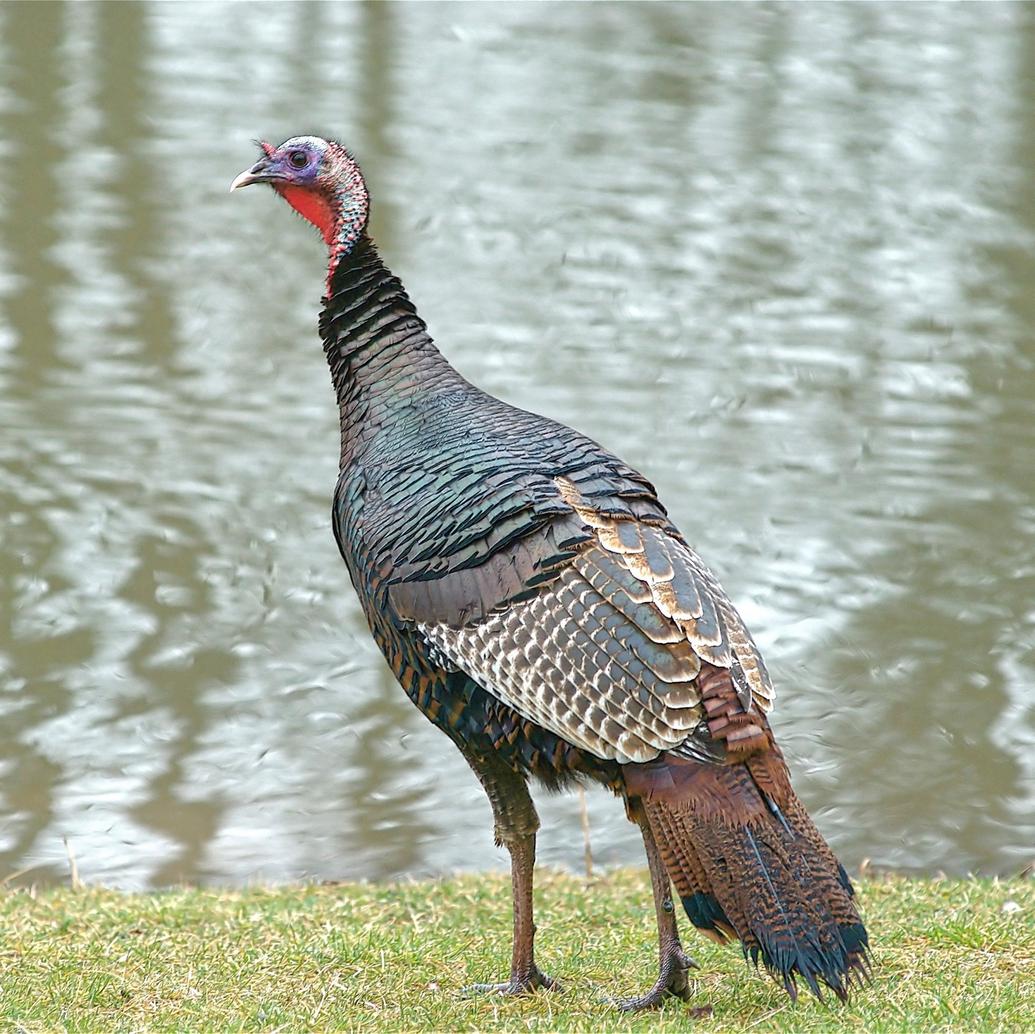
How Did the Myth That Eating Turkey Makes People Especially Sleepy Become So Widespread?
The myth that turkey causes sleepiness because it contains a large amount of tryptophan is widespread but false. Turkey isn’t uniquely rich in tryptophan; all animal proteins have it in similar amounts. Yet, this myth flourished through scientific hiccups, media exaggerations, and cultural reinforcement—especially around holiday meals like Thanksgiving.
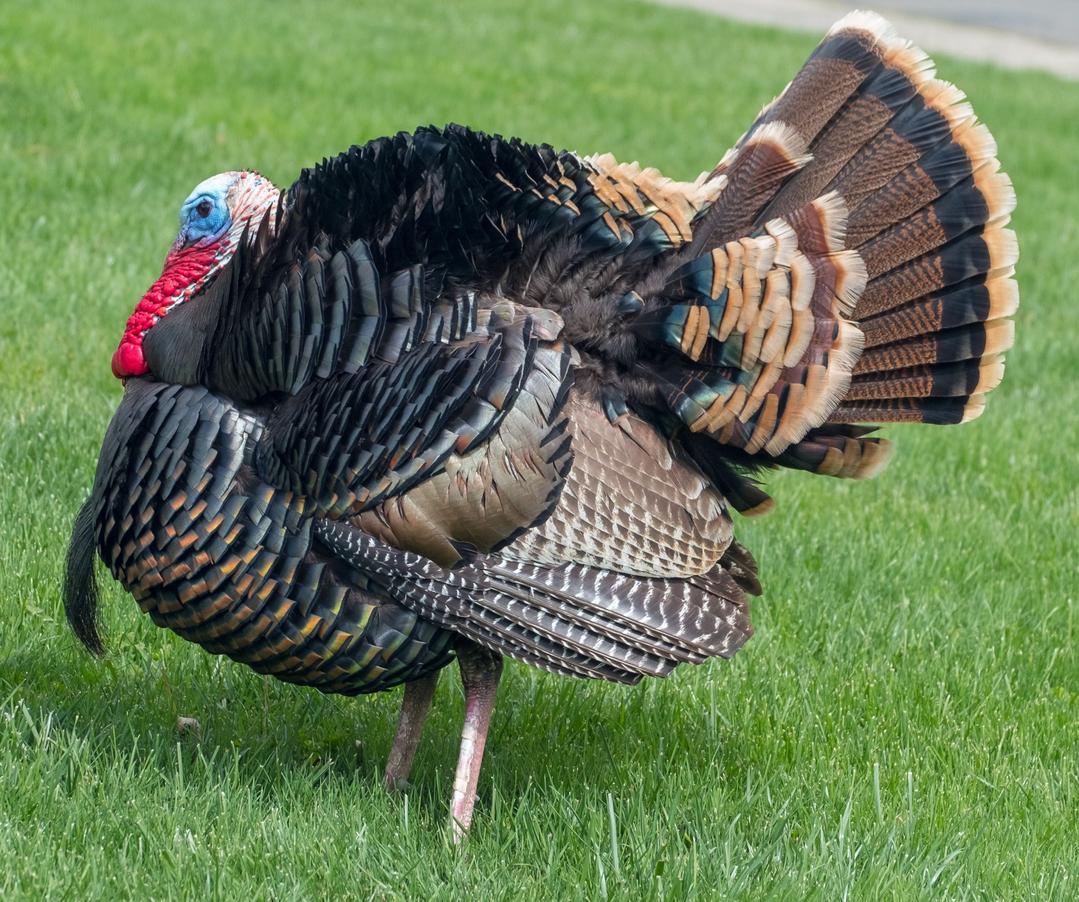
Let’s unpack how this tall tale took flight, one misstated fact at a time, and how it transformed turkey into the unofficial napping bird of American culture.
Where Did It All Begin? The Tryptophan Misunderstanding
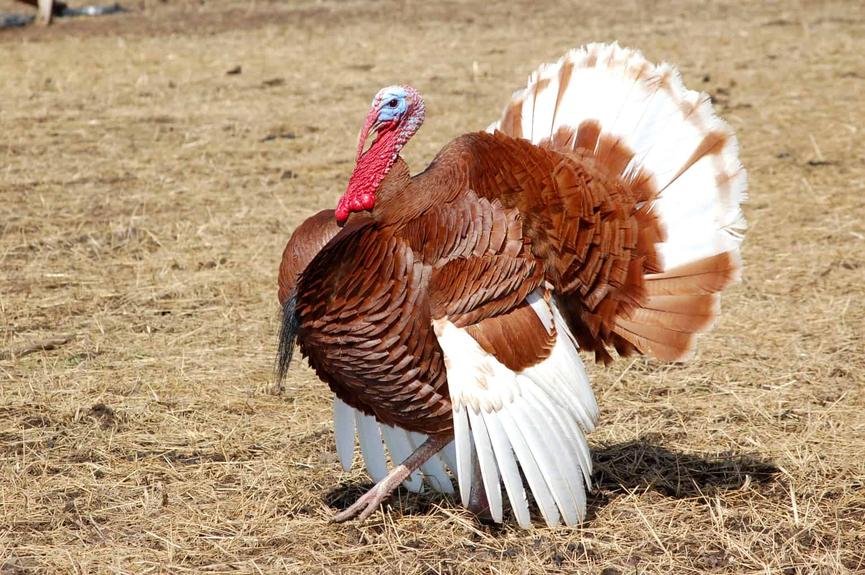
Tryptophan (Trp) is an amino acid found in almost all protein-containing foods—turkey is no exception.
Contrary to popular belief, turkey isn’t uniquely loaded with it. Roughly 1 to 1.5 percent of the protein in turkey is tryptophan, which is about the same as chicken, beef, or eggs.
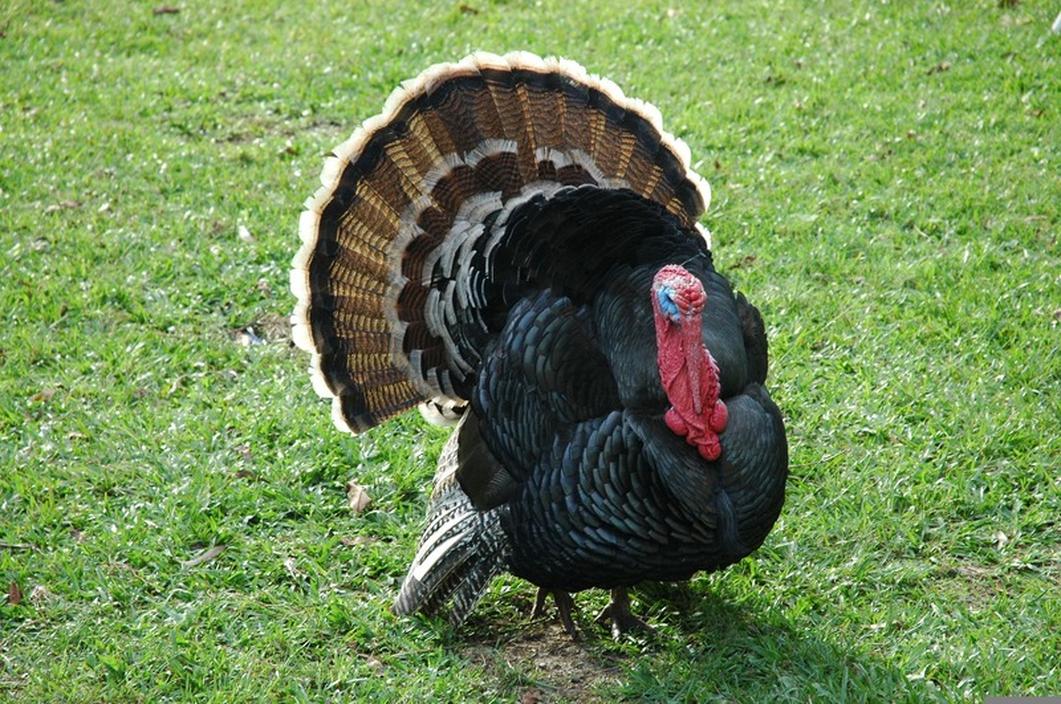
So why does turkey get the sleepy reputation? The origin story starts in a scientific paper published in The Lancet in 1967, authored by Spiera and Leftkovits.
The 1967 Scientific Mix-Up
Spiera and Leftkovits mistakenly reported that turkey meat had a low tryptophan content, based on flawed lab methods. They used too strong an alkaline hydrolysis process which destroyed the tryptophan in the samples, leading to a false result.
They later admitted the error publicly, but the retraction barely made headlines. Ironically, this blunder set fertile ground for confusion rather than clearing it up.
The public, removing this detail, only remembered “turkey” and “tryptophan” together, fertile ground for myth-building.
The Role of Tryptophan in Sleep: Not From Turkey, But From Supplements
At the same time, research in the late 1960s and 1970s began showing that purified L-tryptophan supplements could improve sleep quality by boosting serotonin levels in the brain.
But—and this is crucial—these studies did not use turkey meat or any ordinary food as a source; they used isolated, pharmacological doses of L-tryptophan.
It’s like saying taking a bottle of vitamin C can prevent colds but implying eating an orange will give you that same effect immediately and with the same potency. It’s not the same thing.
Popular Literature and the Expansion of the Myth
Psychologists Gay Gael Luce and Julius Segal helped spread the story in 1969, suggesting that milk might act as a mild sedative because it contains tryptophan.
Julius Segal continued promoting this idea in the early 1970s, even though milk contains too little tryptophan to have a biological sedative effect.
This extrapolation from tryptophan supplements to everyday foods like milk and, soon after, turkey, added layers of misunderstanding.
Media’s Role: From Comics to Newspapers, Confusion Spreads
In 1974, a comic strip called Health Capsules, penned by Dr. Michael A. Petti, claimed that milk and turkey contained “lots” of tryptophan, linking them to sleep aid possibilities.
Although Petti did not explicitly say turkey has more tryptophan than other foods, this comic reached readers with little scientific background, planting ideas in their minds that turkey was special.
Not long after, newspapers came along, with headlines like “‘Sleeping Pill’ Goes with the Turkey” in the San Francisco Examiner, turning turkey into the star player in a sleep-inducing drama.
Samuel Dunkell and the Myth Cemented
The final nail in the coffin of truth came from Samuel Dunkell in the mid-1970s. In his book Sleep Positions: The Night Language of the Body, he made the bold claim:
“The best source of L-tryptophan is turkey… which may be one reason why we tend to fall asleep so easily after Thanksgiving dinner.”
Spoiler: Dunkell made this up.
Nevertheless, the media loved the quote. Health columns and popular books eagerly repeated this falsehood for years. By 1977, the idea that turkey is a sleep-inducing protein was everywhere in America.
How Pop Culture Keeps the Myth Alive
Fast forward to the 1990s, and the popular TV show Seinfeld aired an episode featuring the turkey-tryptophan myth, watched by over 30 million viewers.
This comedic portrayal acknowledged the myth’s murky science but also cemented it in the cultural zeitgeist. Now, turkey sleepiness is an American Thanksgiving tradition—not just culinary, but conversational.
Have you ever found yourself nodding off right after a big turkey feast? No wonder the myth feels so true!
Why Has the Myth Endured Despite Scientific Evidence?
Multiple factors combined to create this enduring myth:
- Early Scientific Missteps: A flawed 1967 paper muddied the waters about turkey’s tryptophan content.
- Misinterpretation of Research: Findings about isolated L-tryptophan supplements got overgeneralized to ordinary foods.
- Media Amplification: Newspapers, comic strips, and health articles connected turkey and sleep in catchy but inaccurate ways.
- Authoritative Voices: Non-expert writers like Samuel Dunkell reinforced the claim without proper evidence.
- Pop Culture References: TV shows made the idea fun and memorable, embedding it deeply in national conversations.
It’s a case study in how misinformation spreads: a blend of partial truths, errors, and storytelling beats the facts into a myth that is hard to shake.
Is Turkey to Blame for Post-Meal Slumps? Not Exactly.
Many people experience sleepiness after Thanksgiving or other big turkey dinners. If not tryptophan, what’s causing this?
Two likely suspects:
- Overeating: Large meals, high in fat and carbs, divert blood flow to the digestive system, making you feel sluggish and sleepy.
- Alcohol and Carbs: Holiday meals often feature wine and mashed potatoes, both of which can enhance sleepiness.
So, your post-turkey nap is probably more about how much you ate and what else you drank than a special amino acid in the bird.
Final Takeaway
Before blaming the turkey for your post-Thanksgiving nap, remember that the sleepiness isn’t a magical gift from tryptophan. Instead, it’s a product of overeating, festive drinks, and the natural tendency to feel full and relaxed after a hearty meal.
The turkey-sleepy myth is a fascinating example of scientific misunderstanding blossoming into cultural folklore. It shows how easy it is for a kernel of truth—tryptophan’s role in sleep—to become distorted across decades of popular media and casual conversation.
So next time someone claims, “It’s the turkey’s fault you are sleepy,” you can smile knowingly and share this quirky story behind the myth. And maybe remind them to pass the pumpkin pie before the nap begins!
Summary Table: The Myth’s Journey Through Time
| Event / Contributor | Contribution to Myth |
|---|---|
| 1967 Spiera & Leftkovits (Lancet) | Erroneously reported low tryptophan in turkey; retracted but little public attention |
| Late 1960s Sleep Research | Discovery that L-tryptophan supplements aid sleep (not turkey tryptophan) |
| 1969 Luce & Segal | Popularized milk as mild sedative due to tryptophan, broad extrapolation |
| 1974 Michael A. Petti (Comic Strip) | Linked tryptophan in milk and turkey, sparking popular confusion |
| 1974+ Newspapers | Reinforced turkey as tryptophan source causing sleep |
| Mid-1970s Samuel Dunkell | Invented and popularized turkey as best source of tryptophan causing sleepiness |
| Late 1970s Media Columns | Repeated and cemented the turkey-sleep myth |
| 1990s Seinfeld Episode | Propelled myth into mainstream pop culture |
Why do people believe turkey makes you sleepy due to tryptophan?
The myth began from a mistaken 1967 study that wrongly measured tryptophan levels in turkey. Later, media and books linked turkey to tryptophan despite no special content, spreading confusion.
Did scientific studies show turkey has more tryptophan than other meats?
No. Research shows turkey has tryptophan at levels similar to other meats. The idea turkey is uniquely rich in tryptophan is incorrect and based on early measurement errors.
How did the media contribute to spreading the turkey-sleepiness myth?
Comics, newspapers, and health columns in the 1970s connected turkey and tryptophan with sleepiness, often exaggerating or misinterpreting findings from supplements or unrelated research.
Who popularized the claim that turkey is the best source of sleep-inducing tryptophan?
Samuel Dunkell popularized this false claim in the late 1970s. His unsupported statement was widely repeated by newspapers and books, cementing the myth in public view.
Did popular culture affect the turkey and sleep myth’s persistence?
Yes. A 1990s episode of Seinfeld reached millions, reinforcing the myth as a common Thanksgiving topic and embedding it deeper in American culture.
